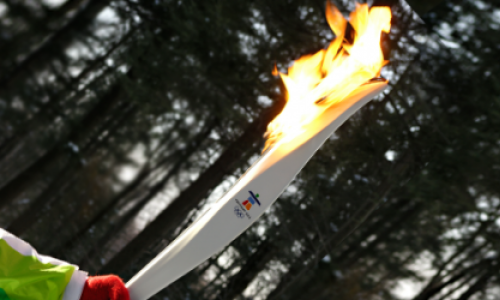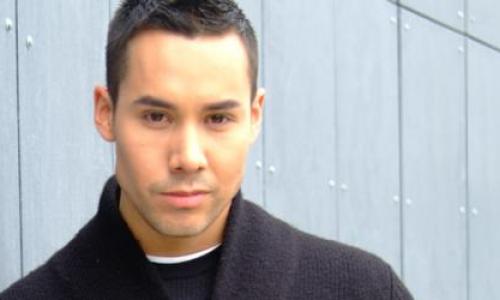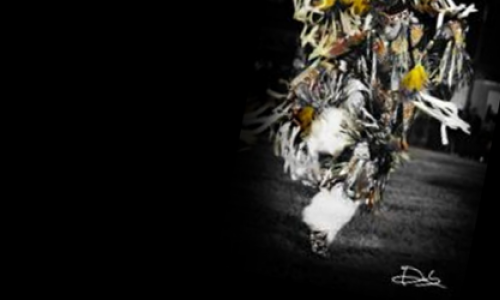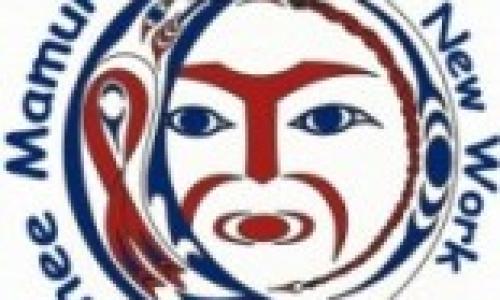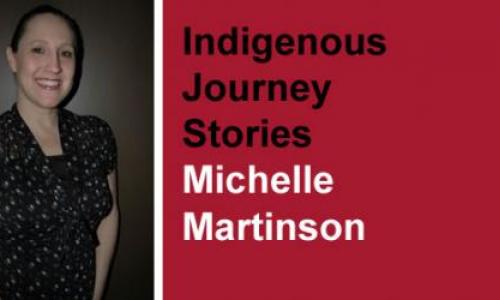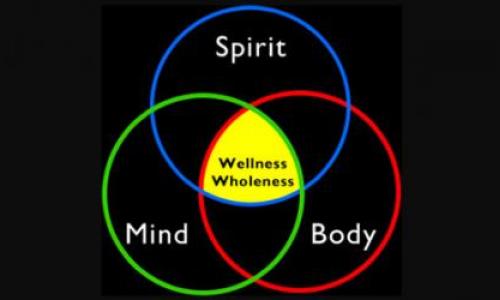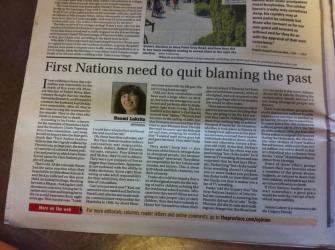
An opinion column was featured on page A16 of the Province newspaper on July 31st, entitled First Nations need to quit blaming the past, written by Naomi Lakritz. In the article she discusses the death of five-year old Phoenix Sinclair of Fisher River, Manitoba. She refers to Jay Funke, a lawyer for the Assembly of Manitoba Chiefs and his statement that “First Nation leaders believe that the tragedy suffered by Phoenix was, in large part, the result of centuries of colonial-based policies and practices which have been forced upon the First Nations people of Canada”. Lakritz goes on to point out the child’s parents were in fact, responsible for the child’s death. The article, in my opinion, is seething with hostility and an inability to see past one’s own experience. That being said, I am not going to dwell on the opinion of this woman, an opinion that is all too common in Canadian society however, I do want to discuss in brief the effects of the residential school system and the difficulty in living in a society that demonizes Aboriginal people for their pain, rather than embrace the truth of genocide in Canada’s not too distant past.
Yes, each of us is responsible for our actions; however, each of us is shaped by our experiences. We can find miracles among us, each and everyday, as many of us crawl out from under the weight of addiction. We take back our lives, our dignity and our faith in Creator. We seek education, we participate in ceremony and we raise happy children in a healthy environment. There are those of us who have done this despite what was done to us; despite the violence, the sexual abuse, the neglect, the alcoholism; despite childhood’s filled with trauma that left us wounded right into the deepest part of our spirits. There are those of us who have asked for help, received counseling, have taken parenting classes, have learned how to shop for groceries, pay bills, get a driver’s license. There are those of us who are miracles to have first of all, survived but even more amazingly, to now thrive. And this is occurring more and more. I see evidence of this among all of my fellow Indigenous students at SFU, from every nation and background. I see resurgence of healing and of accomplishment in this colonized society in which we live.
Now I would like to provide a list of the Intergenerational impacts that effect so many of us today, taken from the site, “Where are the Children? Healing the Legacy of the Residential Schools” that may provide insight as to why there are many of us who have not yet made it out of the darkness.
"Intergenerational Impacts" refer to "the effects of physical and sexual abuse that were passed on to the children, grandchildren and great-grandchildren of Aboriginal people who attended the residential school system."
Please see the list below of impacts that intergenerational Survivors face on a day-to-day basis:
- Alcohol and drug abuse;
- Fetal alcohol syndrome (FAS) and fetal alcohol effect (FAE);
- Sexual abuse (past and ongoing);
- Physical abuse (past and ongoing; especially, but not exclusively, of women and children);
- Psychological/emotional abuse;
- Low self-esteem;
- Dysfunctional families and interpersonal relationships;
- Parenting issues such as emotional coldness, rigidity, neglect, poor communications and abandonment;
- Suicide (and the threat of suicide);
- Teen pregnancy;
- Chronic, widespread depression;
- Chronic, widespread rage and anger;
- Eating disorders;
- Sleeping disorders;
- Chronic physical illness related to spiritual and emotional states;
- Layer upon layer of unresolved grief and loss;
- Fear of personal growth, transformation and healing;
- Unconscious internalization of residential school behaviours such as false politeness, not speaking out, passive compliance, excessive neatness, obedience without thought, etc.;
- Post-residential school community environment, seen in patterns of paternalistic authority linked to passive dependency; patterns of misuse of power to control others, and community social patterns that foster whispering in the dark, but refusing to support and stand with those who speak out or challenge the status quo;
- The breakdown of the social glue that holds families and communities together, such as trust, common ground, shared purpose and direction, a vibrant ceremonial and civic life, co-operative networks and associations working for the common good, etc.;
- Disunity and conflict between individuals, families and factions within the community;
- Flashbacks and associative trauma; i.e., certain smells, foods, sounds, sights and people trigger flashbacks memories, anxiety attacks, physical symptoms or fear; e.g. the sight of a certain type of boat or vehicle (especially containing a social worker or RCMP), the sight of an old residential school building, etc;
- Educational blocks - aversions to formal learning programs that seem "too much like school," fear of failure, self-sabotage, psychologically-based learning disabilities;
- Spiritual confusion; involving alienation from one's own spiritual life and growth process, as well as conflicts and confusion over religion;
- Internalized sense of inferiority or aversion in relation to whites and especially whites in power;
- Toxic communication - backbiting, gossip, criticism, put downs, personal attacks, sarcasm, secrets, etc.;
- Becoming oppressors and abusers of others as a result of what was done to one in residential schools;
- Dysfunctional family co-dependent behaviours replicated in the workplace;
- Cultural identity issues - missionization and the loss of language and cultural foundations has led to denial (by some) of the validity of one's own cultural identity (assimilation), a resulting cultural confusion and dislocation;
- Destruction of social support networks (the cultural safety net) that individuals and families in trouble could rely upon;
- Disconnection from the natural world (i.e. the sea, the forest, the earth, living things) as an important dimension of daily life and hence spiritual dislocation;
- Voicelessness - entailing a passive acceptance of powerlessness within community life and a loss of traditional governance processes that enabled individuals to have a significant influence in shaping community affairs (related to the psychological need of a sense of agency, i.e. of being able to influence and shape the world one lives in, as opposed to passively accepting whatever comes and feeling powerless to change it.
"Intergenerational or multi-generational trauma happens when the effects of trauma are not resolved in one generation. When trauma is ignored and there is no support for dealing with it, the trauma will be passed from one generation to the next. What we learn to see as "normal" when we are children, we pass on to our own children. Children who learn that ... or [sic] sexual abuse is "normal", and who have never dealt with the feelings that come from this, may inflict physical and sexual abuse on their own children. The unhealthy ways of behaving that people use to protect themselves can be passed on to children, without them even knowing they are doing so. This is the legacy of physical and sexual abuse in residential schools."
- Aboriginal Healing Foundation, 1999:A5
It is so simple to look at the world in black and white. It is so simple to identify the wrongs of others and to make judgments about what needs to be done or said. There is a saying that is close to my heart and it is, “but for the grace of God, go I”. It means to me, that I have been blessed in my life, to suffer less than others. I have been blessed with a strong, loving family and Creator saw that I should not suffer in this life as so many of my brothers and sisters. It is not my place to say what anyone else should be, how they should react or respond to their present realities because I don’t know their experience; I have been blessed by not knowing their experience. I will say that I do acknowledge that the writer of the article posted in the Province and those who allowed it to be published are bound also by their experiences, and to judge them or wish ill will toward them for that would be counter productive and defeat the very meaning of this quote. My only wish is to bridge understanding, not to foster contempt.
There is sickness among us, but hate begets hate and love begets love. To undo the pain of the past, we must acknowledge and understand the continuing struggles of the present and respond with compassion and care, not with hostility and judgement.










